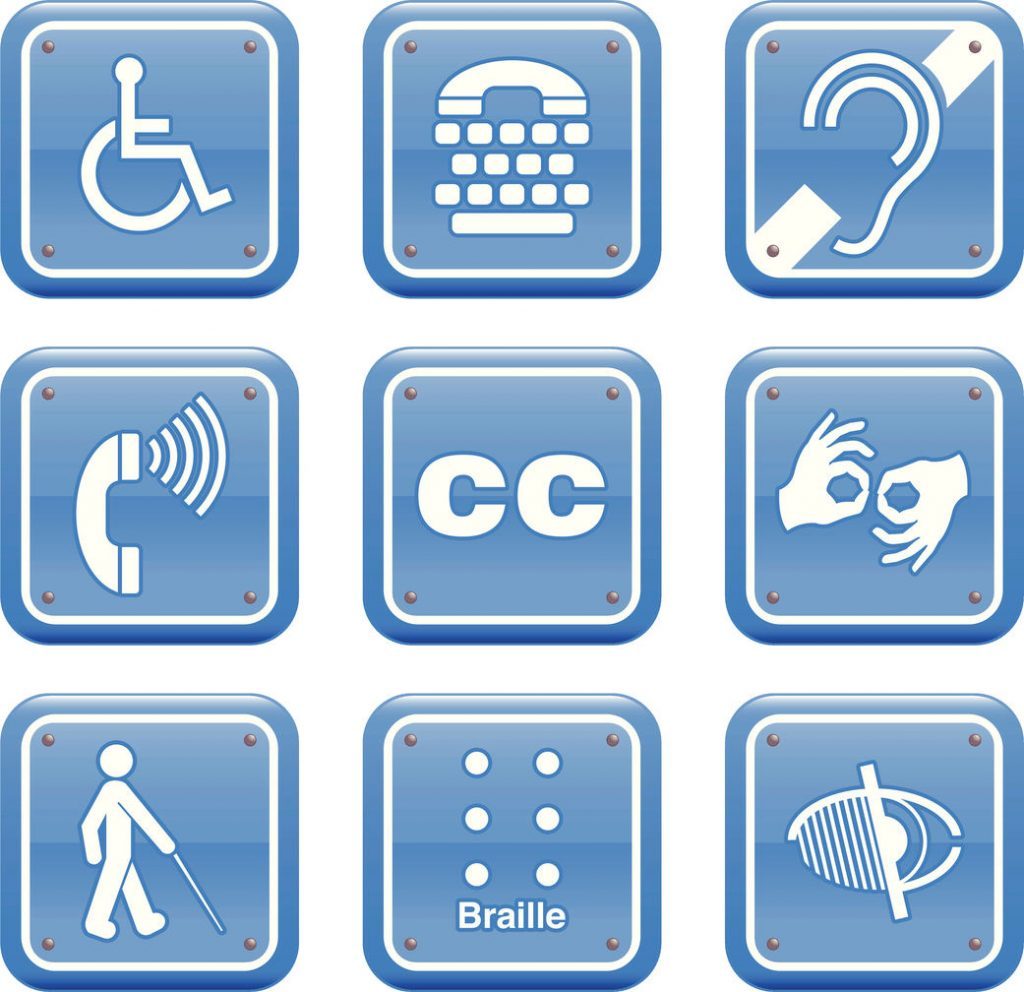 Disability. Istock.
Disability. Istock. On December 3, 2016, the world celebrated the 10th anniversary of the adoption of the United Nations Convention on the Rights of Persons with Disabilities (UNCRPD). As a member of the UNCRPD Committee, my job is to scrutinize the implementation of the Convention in the more than 160 states that have joined it. It is not our responsibility to extend or modify the Convention, but perhaps the time has now arrived for governments to update the human rights legislation, or even, the Convention itself, too. Why?
Humanity could soon have the ability to re-design itself biotechnologically.
Ten years after the Convention was introduced, we are beginning to face new issues that no one could have dreamt of and that are completely uncovered by it, while technology and science have been developing at a previously unimagined speed.
I believe that robotics, biotechnology, and DNA-related scientific breakthroughs are becoming increasingly high-profile and will be industrialized for everyday consumers very soon. The consequences seem to be unknown to even the most competent decision-makers and the most powerful politicians, as well as to the scientists in charge of these innovations. Articles in publications like the Economist, Newsweek and Scientific American describe almost every week how something has changed, something very profound.
When I was born, my parents were told that I would have the life of a seriously hearing impaired person and I would have to cope with that condition all my life. But what if that were not true anymore? What if my disability will not be relevant in the future and my hearing capacity (or its alteration) could be corrected or restored? Or even upgraded?
After all, our brains can learn and understand any kind of information eventually, regardless of the source of the input. Very soon, based on new biotechnological innovations, we may be able to process information that is currently exclusively available to animals. For example, in the foreseeable future it may even be possible for humans to navigate like a bat or to see in the dark like an owl.
In addition, the first three-parented baby was born in September 2016 [1] and despite the mother’s DNA, which had such an error that could lead to a disability and eventually a fatal complication in the embryo, the boy was born healthy. Ten years ago this was entirely impossible.
This therefore means that humanity could soon be able to re-design itself biotechnologically.
At the same time, we will also soon be developing new generations of artificial intelligence with the brain capacity of hundreds or even thousands of people. These innovations — like intelligent services for independent living, supported decision-making, artificial (avatar) sign language interpreters, communicating household devices, and services for the blind — will ease the burdens of, among others, persons with mental or sensory disabilities.
When it comes to people with limited mobility, the field of 3D printing technology or newer generations of exoskeleton is also a promising, albeit different, path of innovation. Producing tools and replacing missing or paralyzed body parts for a person with a disability may soon become commonplace, and even more, the replacement parts could make that person stronger or more efficient than before in education, training, or in the labor market.
The U.N. Convention is not about maintaining a right to remain disabled, but about ensuring choices and opportunities.
It therefore follows that humanity could soon be able to acquire entirely new, even possibly non-human skills, which would be much better than the current ones.
If this happens, people equipped with artificial body parts or (newly integrated) skills, extra sensory abilities included, could be in a stronger position to secure well-paid jobs than those who have no such access to these technologies.
If this is so, will we be in a society in which such attributes can be sold only to those with the ability to pay for the enhancements? This outcome could eventually erase any chance of fair competition and social mobility within our society, leading to further conflicts and social unrest.
Nevertheless, we have to bear in mind that the cost of developing innovations and inventions must also be taken into account, to maintain the motivation of scientists and inventors and ensure fruitful and rewarding competition. It follows that we need a fine-tuned, twin-track approach.
The UN Convention is not about maintaining a right to remain disabled, but about ensuring choices and opportunities. Otherwise there will be those wealthy enough to buy their way out of disability, while others, even those born healthy will become ever more disabled and disadvantaged in comparison.
That is why we need to think about this subject very seriously, and the sooner the better.
Author
Laszlo G. Lovaszy is a member of the UNCRPD Committee and an advisor to the European Parliament in the field of employment and social affairs. Email: laszlolovaszy@gmail.com.






 JOIN SSIT
JOIN SSIT